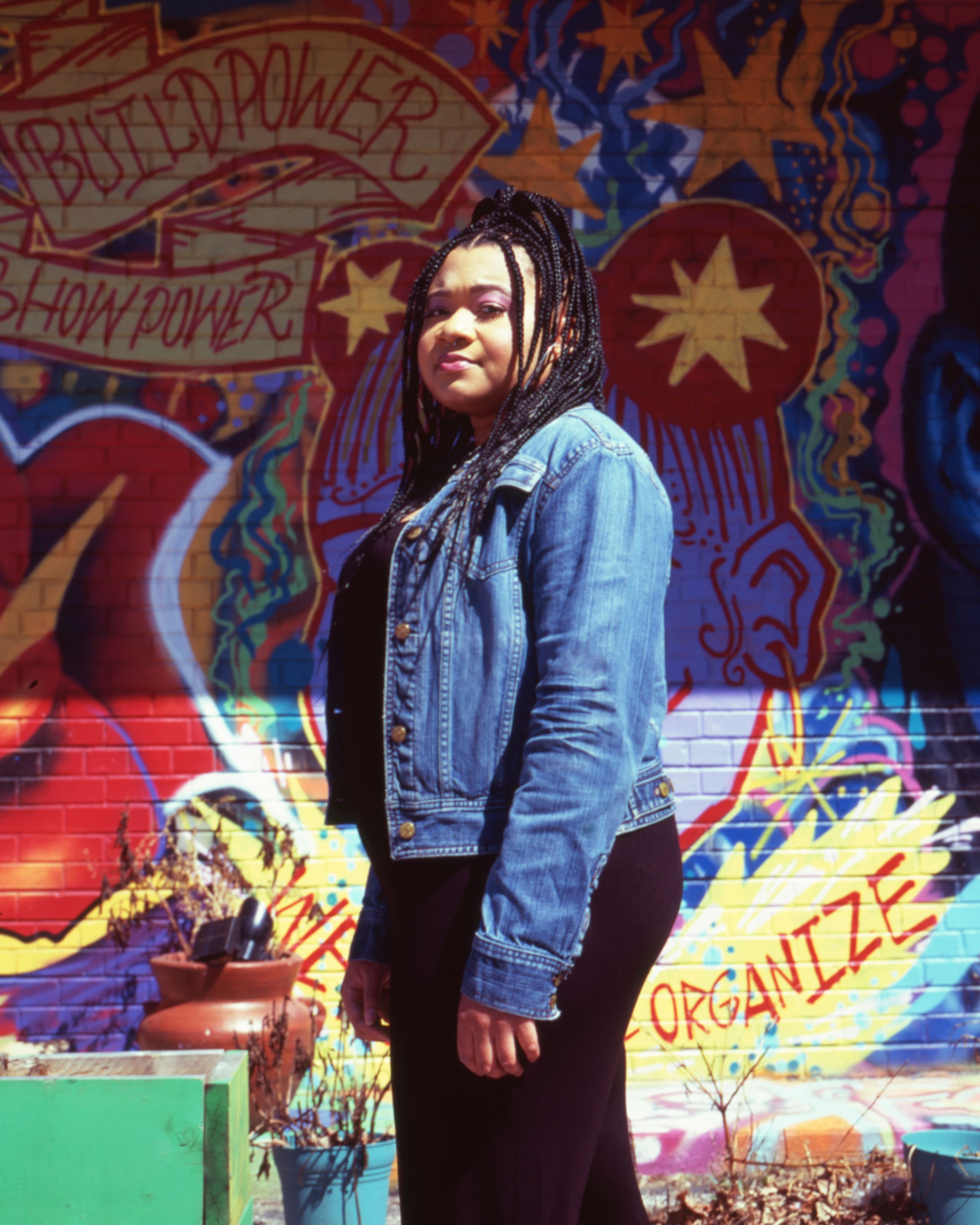
Generation Next: Tatiana Washington
At twenty, Tatiana Washington has already done more for gun control in America than most adults many times her age. For her, the issue is personal: In 2017, “my aunt was shot multiple times by her husband, who then turned the gun on himself,“ she recalls. Their children were present. “My twelve-year-old cousin tried to perform CPR on his mom, but unfortunately she ended up passing away at the hospital.“
According to Washington, that sort of gun violence was not, and is not, a rare occurrence in her native Milwaukee. Meanwhile, mass shootings were becoming an even greater epidemic across the country. “I remember when Sandy Hook happened, my parents were so shook by it, my teachers were so shook by it,“ she recalls. “Now, that was so long ago,“ yet the mass shootings continue. “When the Parkland shooting happened, you saw students standing up and saying, ’Enough is enough. We need to do something about this.’“
So she began organizing. She joined 50 Miles More, a youth-led organization inspired by the 1965 civil rights marches from Selma to Montgomery, Alabama. The group now organizes around social justice issues like gun violence as well as police brutality, clean drinking water, a healthy planet, and government accountability. While the team is currently on hiatus, last summer, following the killing of George Floyd, Washington says they spent five days on a 65-mile march from suburban Waukesha, Wisconsin, to the capitol in Madison to demand an antiracist state.
Washington also joined March For Our Lives, another student-led group founded by Parkland survivors focusing on common sense legislation in a country where guns are deeply woven into the culture, for which she now serves as a policy associate. “The biggest thing is really listening to our chapters and seeing what they are looking for, what they need,“ she says. The root causes themselves need to be addressed: “We’re also looking at things outside of the traditional gun violence prevention world. Poverty is violence; even gentrification, that itself is violence. We have to focus on why people are doing these crimes. A lot of the time it’s because folks’ needs aren’t being met. We also need to uplift survivors and victims of violence.“
As the daughter of two Black law enforcement officers, Washington says she grew up with an intimate awareness of a system she describes as “inherently racist.“ When her aunt was killed, she saw the connections between the gun violence in her community and the system that was meant to protect them. (Before her death, Washington explains, her aunt had called the police multiple times “about family issues at home, and she didn’t get the help she needed and deserved.“) Her awareness of that intersectionality has also been the key to finding solutions. “There was a voice missing in the movement for Black lives,“ she says. “A lot of Black women, trans folks, the LGBTQ+ community were left out of conversations, but incarceration and violence really impact those groups the most. Those voices are now able to be heard.“
Read this story and many more in print by ordering our inaugural issue here. See the full Generation Next series here.
As a nonprofit arts and culture publication dedicated to educating, inspiring, and uplifting creatives, Cero Magazine depends on your donations to create stories like these. Please support our work here.






